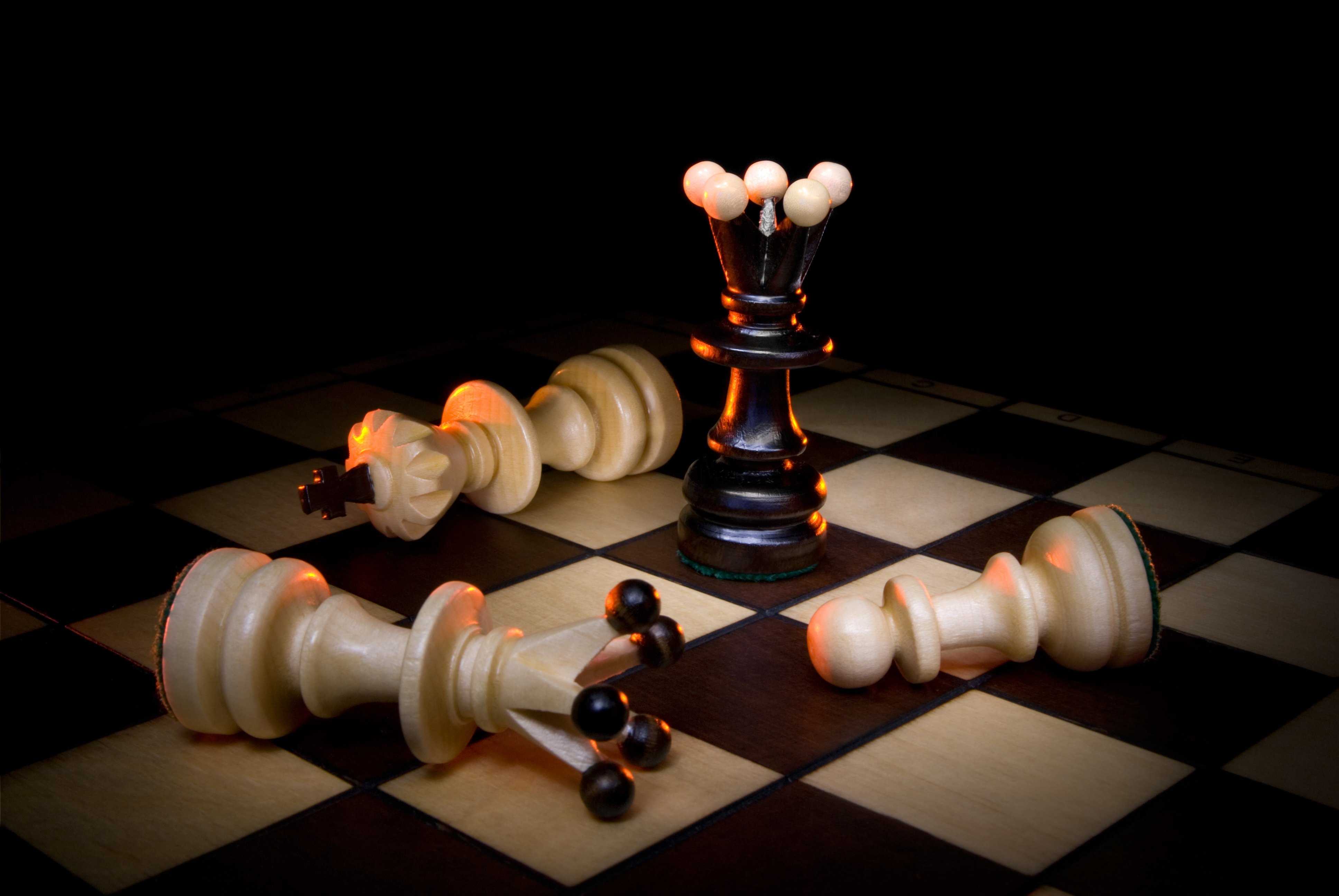on
BY ERROL A. GIBBS
How did the world arrive at its current state of crises, despite exponential growth in the religions of the world, academia, human knowledge, scientific and technological achievements in engineering and medicines, and material and financial wealth? Can authority help to manage or reverse the nature of the crises (Reference: Part 1. Paragraph 2.).
“The practice of all ages and all countries (whether Christian or heathen, polite or barbarous) hath been … To do honor to those who are invested with public authority” — Francis Atterbury (1663-1732) (English man of Letters, Politician, and Bishop).
What is Authority? There are two essential perspectives by which to view authority. On the one hand, there is “spiritual authority” that comes from the supremacy of God, Creator, or divine being. Acknowledgment of a “supreme authority” is undeniable by the presence of cathedrals, chapels, churches, monasteries, synagogues, temples, and mosques strewn across the landscape of nations.
A check on human authority has always been the unseen higher authority acknowledged by nations. For instance, payers at official governmental proceedings such as presidential inaugurations, and State funerals recognize the presence of God in the mortal and immortal lives of people. National anthems recognize God’s supremacy and guidance of most, if not all Western nations. It is also common in some legal contracts and insurance policies to exclude coverage for damages that result from an “Act of God.”
On the other hand, “secular authority,” is the inherent human authority, underpinned by the constitution of nations, and tens of thousands of human laws. Although human authority is, subordinate to spiritual authority, leaders in each era — premodern, modern, and postmodern have always acted as self-governing agencies hence the crises of postmodern times.
World leaders and followers alike seem to take for granted human authority as the ultimate authority over humankind. Whenever there is a national or international calamity, the call goes out for more authority. Paradoxically, the call is for more “human authority” as opposed to more of “God’s” guidance, in whom nation’s claim to believe, trust, and practice (Reference: Part 3. Paragraph 3 – 5).
Have world leaders found the right authority in the great religions of the world, in secular universities, political authority, or the exponential growth in the criminal justice system? Have they found the right authority in the mass incarceration of millions of individuals worldwide, as inmates of the global Prison Industrial Complex (PIC), or by the creation of a Military Industrial Complex (MIC) — worldwide?
Paradoxically, these global institutions, deficit-financed, have become the stronghold of human authority. Deficit financing drains human resources and human capital away from more critical investments in social, economic, educational, and intellectual pursuits that can ably aid human behavior and subsequently — human authority. What, then, is the basis of authority upon which human civilization must rely?
There are inherent limits to human authority that leaders in each era (premodern, modern, and postmodern) have failed to comprehend. For instance, when everything seems to be going well within their nations, their actions belie the presence of God. Speaking metaphorically, leaders would often deny an invitation to God as a critical Subject Matter Expert (SME) in their decision-making. God’s seat is vacant in corporate boardrooms, and at major national and international forums where human leadership is dominant.
Ironically, when nations face national or international crises, their leaders would often acknowledge the existence of God and call for His providence over the situation. It is obligatory that leaders call on a higher morality authority for guidance in times of national calamities (natural occurring or humanly inspired), but this obligation can only be fruitful when Earthly authority — universally, is in alignment with the supreme authority of God.
The autocratic leaders of the ancient worlds held absolute power and authority over their kingdoms. They ruled autocratically, and they failed to recognize the insufficiency of human authority. In contrast, in Western democratic nations and other emerging democracies, the citizens elect their leaders who hold office as presidents and prime ministers. Elected officials adopt inclusive models to formulate their governments. The term of their office is limited, either by judicial predetermination or by some measurable variables based upon the voice of the electorate.
Western constitutional governments recognize the need for various levels and limits of authority to keep Earthly authorities in check. These constitutional democracies enact laws to guide the democratic process, which gives protection to citizens, from each other and their governments.
Rather than leadership as a first imperative human authority has become the dominant rule. Authority figures seek compliance, as opposed to leadership figures who seek to nurture, guide, motivate, teach, listen, encourage, mentor, and reward their followers as they build egalitarian societies. Paradoxically, humankind has arrived, in the “global village” of the twenty-first century manifestly unprepared (Marshall McLuhan (1911-1980). © 1962 The Gutenberg Galaxy).
Follow us ―as we briefly re-explore five salient paths ― Philosophy, Religion, Education, Authority, and Leadership for new understandings and solution perspectives that can lead to a better world for future generations.
Stay in the loop with exclusive news, stories, and insights—delivered straight to your inbox. No fluff, just real content that matters. Sign up today!














